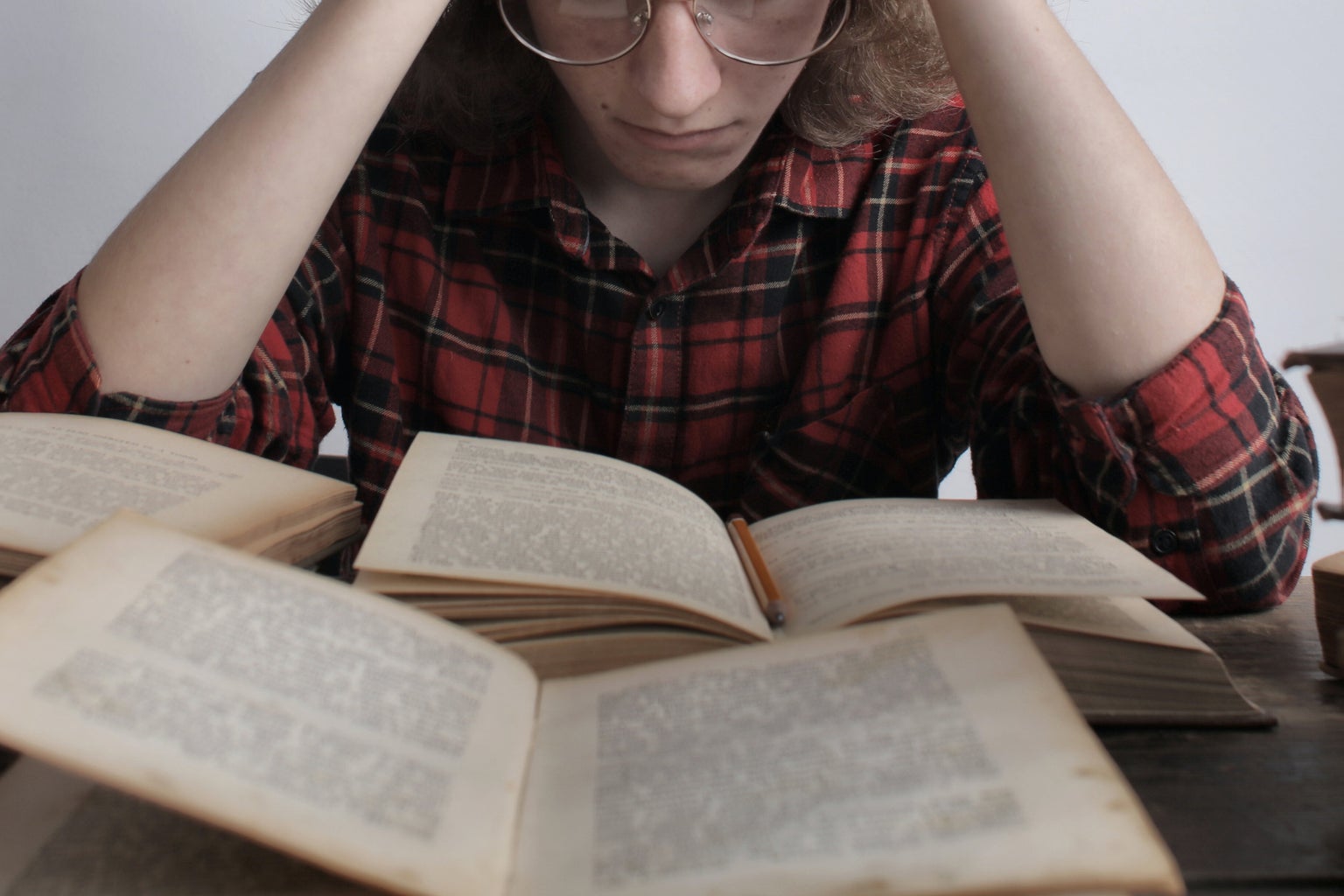A college student experiences a multitude of emotions during the course of the school year, but nothing hits a student harder than the grief of losing a loved one, especially when they’re away from home.
Grief can come in many forms and affect everyone differently. Without a proper support system and coping mechanisms, it can be difficult for people to properly heal. With the added pressure of performing well academically, a lot of students find it hard to process their emotions, or at least in healthy ways.
According to grief counselor Kristina Moquin at SUNY Plattsburgh, “A lot of times students feel guilty that they’re not there with their loved ones; other times they feel guilty because they’re glad they’re away because some people deal with things by not dealing with things.”
This just happened to be the case with Eniyah Matthews. Matthews was a student at SUNY Plattsburgh. When Matthews came to college she was like any typical freshman in college, enjoying herself. She was enjoying the newfound freedom, enjoying making new friends and overall, the change of scenery from back home.
However, that all quickly changed in September 2019. Matthews was hit with the news that her aunt, Yolanda Lee, had passed away from her ongoing fight with breast cancer.
“I was devastated when I found out about my aunt’s passing. We had really gotten closer over the past year and when she died it really hit me hard,” Matthews said.
Matthew’s freshman year was quickly turned around and instead of being able to fully enjoy her newfound college experience, she was overcome with emotions that caused her to shut down.
“What made my aunt’s death so hard was the fact that I wasn’t able to attend her funeral. My family didn’t want me to fall behind in my classes,” Matthews said.
What’s difficult about grieving when you’re away from home is finding healthy coping methods. Being away from your home and your loved ones can make you feel isolated in your emotions, especially when you’re surrounded by people that seem fine.
“Even though my family didn’t want me to fall behind in my schoolwork, I did. I became less invested in my studies and it was hard to connect with the friends I had made,” Matthews shared.
With the added pressure of academic success, a lot of students who experience grief during the school year end up falling behind.
Caleb Rosenberg, who attended Evergreen State College in Olympia, Washington, suffered the loss of his grandfather while in college.
“When my grandfather died, I ended up going back home for about two weeks to be with my family and help with funeral preparations. When I got back to school it was really hard to catch up in my classes, especially because I didn’t have too many sympathetic professors,” Rosenberg said.
This becomes another issue when it comes to grieving students. In the workforce, employees get bereavement days off to cope with a death in the family; students are not afforded that time.
When Moquin was asked if students should get bereavement days in the event of a personal loss, she said:
“For sure, the way we deal with death and mental health in this culture is so inhumane. Sadly, humans can’t escape the feeling of grief or dealing with it. But it can make you not function [properly], and if you keep going on autopilot you never have the time to fully start to heal and come to terms with things.”
A lot of students who are in the grieving process away from home turn to unhealthy and potentially harmful ways to manage. These unhealthy habits can be drugs and/or alcohol use, promiscuity or even self-harm. While sometimes in the moment this could be something that feels good, in the long run it doesn’t do much to heal emotions, but temporarily make you forget about them. Moquin noted some healthier ways to deal with grief:
“People need to find out what works for them. For some people it helps to talk about it; other people prefer to journal and process it on their own. Any form of self-care is good, [like] getting good sleep and good nutrition. Be kind to yourself. If you’re having a bad day, it’s OK; lower the demands on yourself, [and] ask for help if you need it from friends or professors.”
Moquin noted when it comes to resources, there are more outlets than people realize to help them through the grieving process:
“Counseling can be a help. There are online grief support groups and they’re easy to find. Sometimes it’s helpful for people to be anonymous in a space, talking with people going through the same process. It can be comforting knowing that you’re not the only one suffering and trying to work things out, leaning on support whether it be family, friends or romantic partners.”
The ultimate takeaway is that when it comes to grieving, and this could relate to college students or anyone, you need time. Grief is a strong emotion and no one can predict how they’re going to react to it. Moquin concluded:
Even when you’re away from school nine months out of the year, it’s not home. You don’t have those comforts of being in your familiar place with your familiar people. Others shouldn’t dictate the grief process to others; people need to find their own way through it. It’s your own unique journey. Even if you make mistakes through it, the ultimate goal is acceptance and some sort of healing and peace … and then personal growth.




